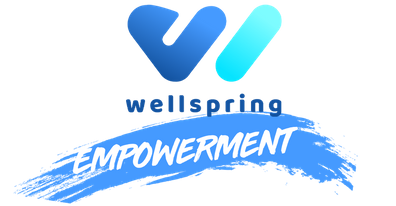In the pursuit of knowledge, one often encounters the paradoxical realization that the more we learn, the more we understand the vastness of what we do not know. This sentiment, eloquently encapsulated in the phrase “education is a progressive discovery of our own ignorance,” highlights a crucial aspect of the educational journey. Far from being a disheartening revelation, this discovery is, in fact, a powerful tool for empowerment. It encourages humility, fosters a growth mindset, and drives continuous self-improvement, all of which are fundamental to personal and societal empowerment.
The Humility of Ignorance
A key aspect of discovering our own ignorance is the humility it instills. Acknowledging that there is always more to learn keeps us open-minded and receptive to new ideas and perspectives. This humility is a cornerstone of true empowerment. It prevents the arrogance that can stifle personal growth and societal progress. By embracing our ignorance, we cultivate a willingness to listen, learn, and adapt, which are essential traits for navigating an ever-changing world.
Fostering a Growth Mindset
The realization of our ignorance is also a catalyst for developing a growth mindset. Coined by psychologist Carol Dweck, a growth mindset is the belief that abilities and intelligence can be developed through dedication and hard work. This contrasts with a fixed mindset, where abilities are seen as static and unchangeable. When education reveals the limits of our knowledge, it simultaneously illuminates the potential for growth and improvement. This perspective empowers individuals to take control of their learning journeys, continuously striving to overcome challenges and expand their understanding.
Driving Continuous Self-Improvement
Empowerment through education is deeply intertwined with the principle of continuous self-improvement. As we uncover the gaps in our knowledge, we are motivated to fill them, setting off a cycle of perpetual learning. This relentless pursuit of knowledge not only enhances our personal capabilities but also equips us to contribute more effectively to our communities and the broader society. In this way, education becomes a lifelong journey of empowerment, where each new discovery of ignorance propels us toward greater achievements and contributions.
Empowerment Through Knowledge
At its core, education is about more than just acquiring information; it is about transforming that information into knowledge and wisdom. This transformation process involves critical thinking, reflection, and the application of learned concepts to real-world situations. By progressively uncovering our ignorance, education empowers us to become more thoughtful, informed, and proactive citizens. It prepares us to tackle complex problems, make informed decisions, and drive positive change in our lives and the world around us.



The Role of Educational Institutions
Educational institutions play a pivotal role in facilitating this journey of discovery and empowerment. They are not just centers of knowledge dissemination but are also environments where critical thinking and self-reflection are encouraged. By fostering a culture of inquiry and intellectual curiosity, these institutions help students embrace their ignorance as a starting point for deeper exploration and understanding. Moreover, they provide the tools and resources necessary to navigate this journey, from access to diverse perspectives to opportunities for experiential learning.
In conclusion, the progressive discovery of our own ignorance through education is not a sign of weakness but a profound source of strength and empowerment. It keeps us humble, nurtures a growth mindset, and fuels continuous self-improvement. By embracing this journey, we unlock our potential to become lifelong learners, capable of making meaningful contributions to our communities and the world. Education, therefore, is not just a path to knowledge but a powerful tool for personal and societal empowerment.

